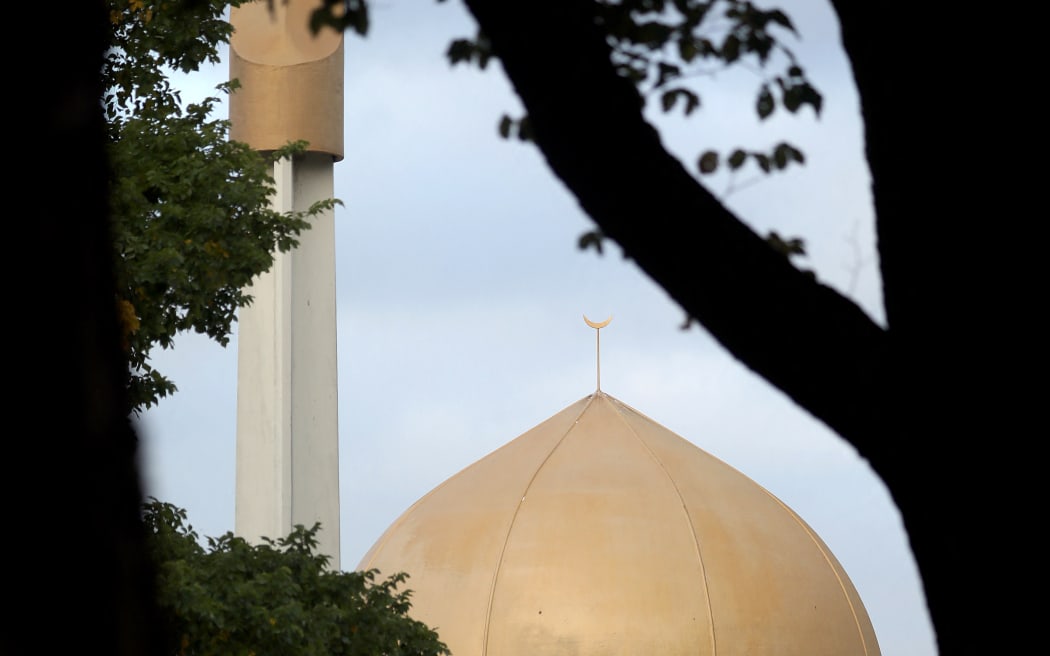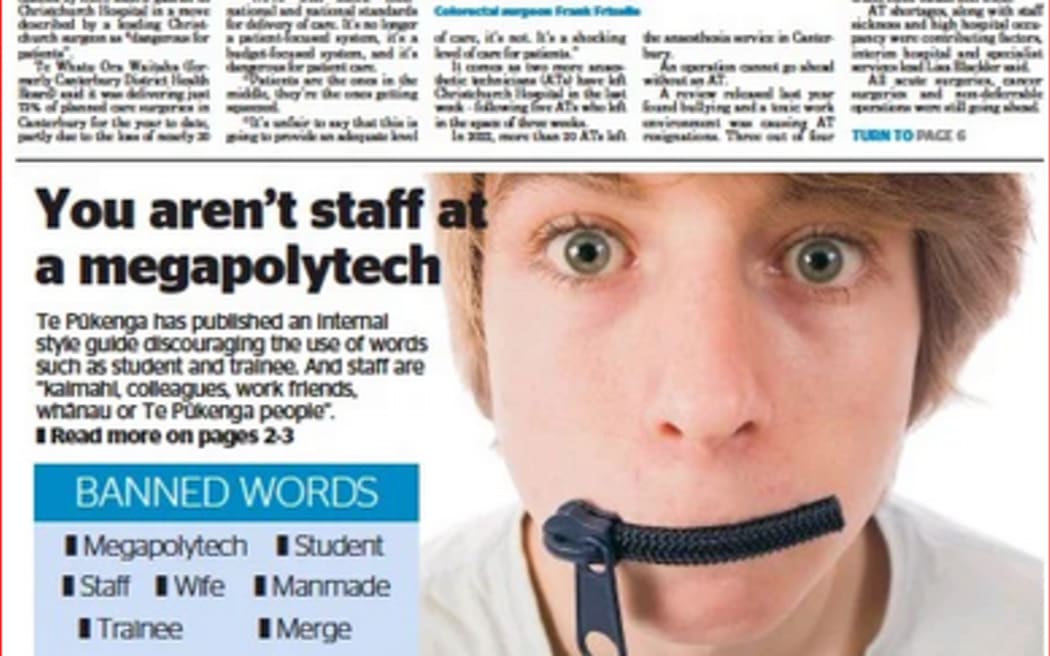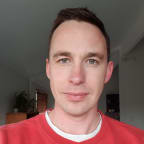
Photo: NurPhoto
The media did little to mark the fourth anniversary of the March 15 terror attack, and some victims and their families say they are starting to feel forgotten.
On the first anniversary of the 15 March 2019 Christchurch terror attack, New Zealand's media organisations were ready with a huge amount of special coverage, features and documentaries.
Stuff produced the Frank Films series Nine Bullets. It focused on Temel Atacocugu, who was shot nine times at the Al Noor mosque, and it features moving footage of him returning to the scene of the attack to reenact what took place.
TVNZ aired We Are One, a documentary following six of the victims’ families through their first year after the attacks.
The New Zealand Herald ran The Ripple Effect, a five-part digital series by NZME journalist Kurt Bayer.
This year, the anniversary of March 15 was a much more muted affair in our media. There was little new coverage from our biggest online news sites.
Stuff and the Herald republished stories they had done back in 2020.
The Herald’s print edition did not carry a story to mark the anniversary, though it carried a cartoon by Rod Emmerson which was devoted to ‘remembering our 51 brothers and sisters’.
RNZ’s flagship show Morning Report only ran one story, which was actually produced for its early morning show First Up and another following up on the progress of the Christchuch Call.
Meanwhile, March 15 was not mentioned anywhere on the front page of Christchurch’s daily paper The Press, though it did find space to point to a story from its Life section about cooking with garlic.

The front page of The Press from March 15, 2023 Photo: STUFF
The only stories the paper published that day on the terrorist attack that took place in its city were on pages 5 and 8.
The government echoed the media’s understated response to the worst terrorist attack on New Zealand soil.
Prime Minister Chris Hipkins sent a personal message to the families but did not mark the day with an official event or statement.
A spokesperson for Hipkins said his response was tailored to respect the wishes of victims’ families, who had told the government they wanted to commemorate the day privately.
It is possible several media outlets' coverage – or lack thereof – were informed by those same concerns, and it is true many of the families did choose to remember their loved ones in private.
But it is also clear that several survivors and family members wanted more national attention on the anniversary.
Stuff published a story by Glenn McConnell late on 15 March focusing on a call to create a nationwide commemoration on 15 March from three widows of men killed in the attack.
The widows were concerned it took just a year for New Zealand to “forget” the horror of 2019.
1News reporter Thomas Mead – who covered the shootings on the day they took place and in the years following – quoted members of victims’ families who expressed similar sentiments.
"Some are telling us that they are now starting to feel forgotten, and that initial outpouring of love and support they felt after the attacks is starting to wane with the passing of time," he said in TVNZ's 1 News at 6
On TVNZ’s Breakfast, the Fulbright scholar Guled Mire echoed that, saying Muslim people might not have a single unified opinion on how to mark the anniversary but nobody wanted it to be forgotten.
Aya Al-Umari, who lost her brother Hussein in the attack, also told TVNZ’s Breakfast how she wanted the government and the media to treat the anniversary.
"The general consensus is just because we don't want a government-led annual event, doesn't mean the conversation shouldn't happen. So there needs to be a discussion that's a look back on the last year - what have we achieved, what have we changed, what can we do to mitigate such things from happening again in the future. That's what's important to me," she said.
Even if the media didn’t want to focus directly on the victims, other story angles relating to the attack were on offer.
One of those – the ongoing and rising amount of online hate still directed at Muslims – was covered by Bridie Witton at Stuff.
Other potential topics were less well canvassed.
Many of the people who lost loved ones on March 15 or witnessed the attacks are still not able to get counselling sessions funded by ACC.
The Department of the Prime Minister and Cabinet was meant to provide six-monthly updates on its progress implementing the recommendations of a Royal Commission of Inquiry into the attacks. Its last report was in July 2022 and its latest one is overdue.
Atacocugu delivered a talk at the site of the World Peace Bell in Christchurch. So far it has not been covered.
Mahvash Ikram has worked as a producer for Newshub and now for RNZ’s First Up.
She said the media could do more to make sure the victims of March 15 did not feel forgotten.
“The coverage was nowhere near enough," she said.
“As a Muslim I can tell you that we don’t mark tragedies because we don’t want to dwell on them and we don’t want to re-traumatise ourselves. But as the media, not every story has to be about the victims. I want to know how safe is a mosque now," she told Mediawatch.
"How safe is a temple? How safe is a synagogue? How safe is a marae? How safe is any place of worship?” I want to know how far we’ve moved on the Christchurch Call.
“We are stretched to the max in our newsrooms. I get that totally. But that is no excuse.”
Ikram said the media should be asking more questions of the government on its efforts to prevent future terrorist attacks, and mitigate the threat posed by online hatred and radicalisation.
She said she felt no assurance as a Muslim that another attack is not going to happen.
“I have spoken to a 13-year-old who told me in tears that she’s sick of being called a terrorist every day. This is a conversation I had three weeks ago.
“The same thinking and ideology that went into that massacre – those people have the same hatred for Māori. The same kind of hatred for other people of colour. The same kind of hatred for Jews.”
“I think it’s time that our national correspondents and political correspondents stand up and ask what are we doing to address the hate that’s on our streets and on our online platforms.”
Journalists could also be working harder to form relationships with Muslim communities, Ikram said.
Though the March 15 anniversary should always focus the media's attention on the dangers those communities face, their stories should be told all year round, she said.
“I’m asking the media to build relationships with the Muslim communities so you’ve got stories all year round. If we do not build bridges now, we are going to create distrust in various communities, and we cannot afford to have distrust of the media in our ethnic communities.”


